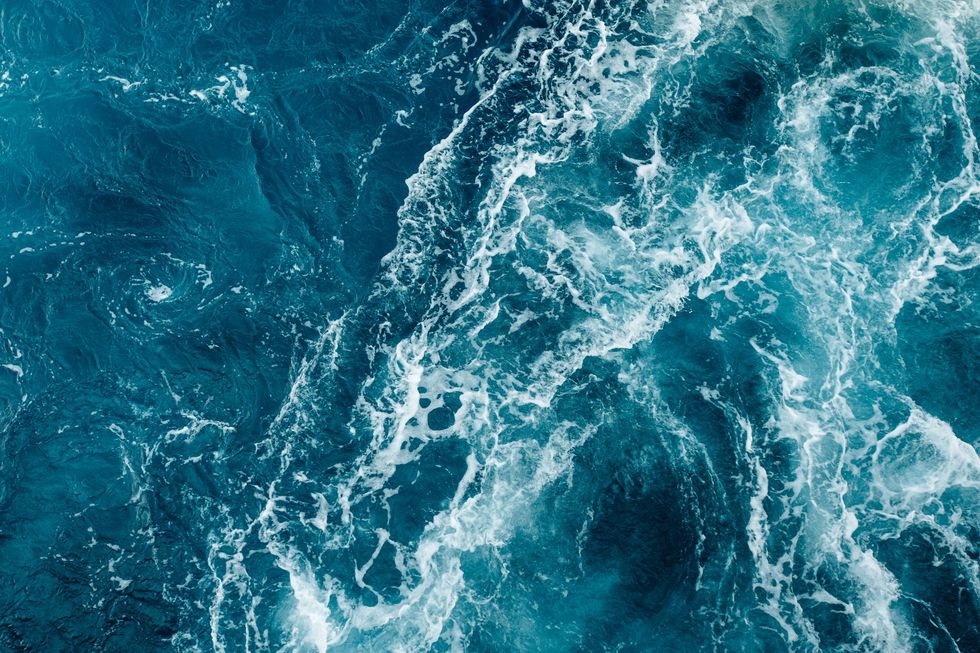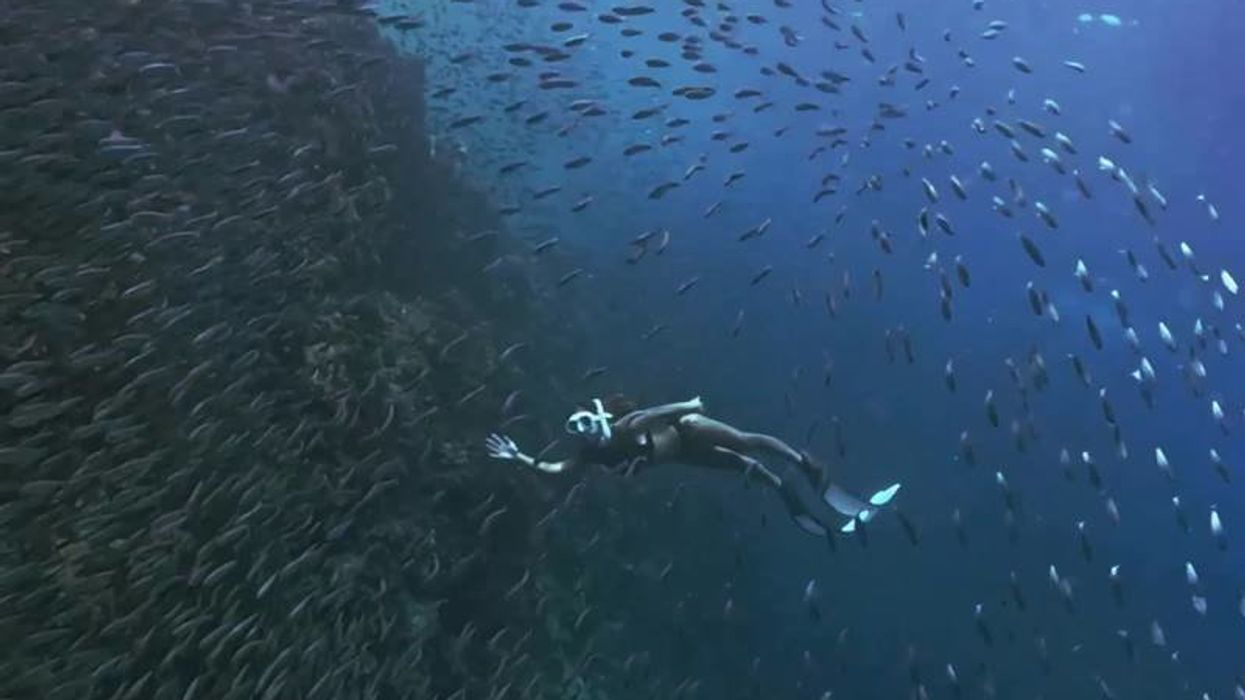Science & Tech
Harry Fletcher
Oct 25, 2024
Diving into Love's Depths with a Mesmerizing Ocean Adventure
BVIRAL - Over 30 seconds / VideoElephant
Things are being discovered under the surface of the Earth’s oceans all the time, from a window into the dawn of time hidden beneath the Pacific Ocean to a ‘lost city' deep in the Atlantic.
However, a new breakthrough suggests that scientists should have perhaps been looking closer to the surface all this time.
It’s been revealed that a tiny section of cold water on the surface of the oceans helps to absorb carbon dioxide.
This tiny film of surface water measures no more than 2mm, but it could have huge impacts on the planet.
According to a team of researchers led by a British team, the changes in temperatures between this tiny section of water and the water beneath it creates an interface that allows more carbon dioxide to be absorbed.
Oceans are responsible for absorbing around a quarter of the carbon emissions created by humans.

The research has been published in the Nature Geoscience journal and has been sent to the Global Carbon Budget assessment.
The findings were collected by teams over a period of months, involving many trips across the Atlantic. They came to their conclusions after measuring temperatures, observing and recording tiny changes in CO2 levels of the air heading towards and then away from the surface of the ocean.
Daniel Ford is a research fellow at the University of Exeter who travelled on the research ship RRS Discovery.
Ford said: “With the Cop29 climate change conference taking place next month, this work highlights the importance of the oceans, but it should also help us improve the global carbon assessments that are used to guide emission reductions.”
“We went through very rough seas in the north Atlantic and near the Falklands, which was challenging, but we had respite when near the equator with mirror glass ocean.”
Sign up for our free Indy100 weekly newsletter
How to join the Indy100's free WhatsApp channel
Have your say in our news democracy. Click the upvote icon at the top of the page to help raise this article through the Indy100 rankings
Top 100
The Conversation (0)














